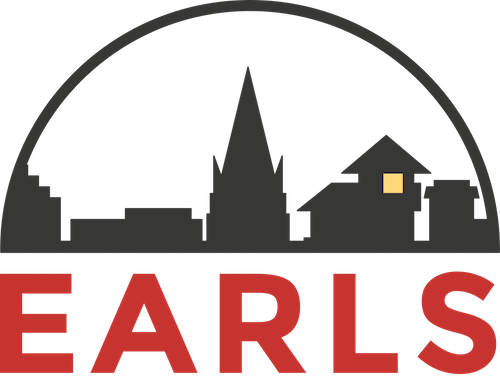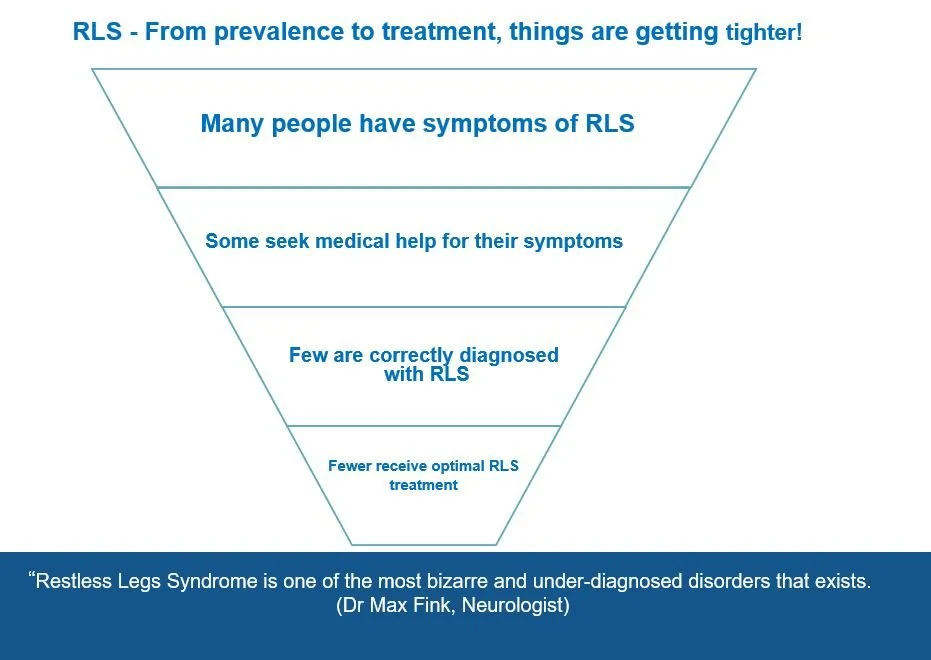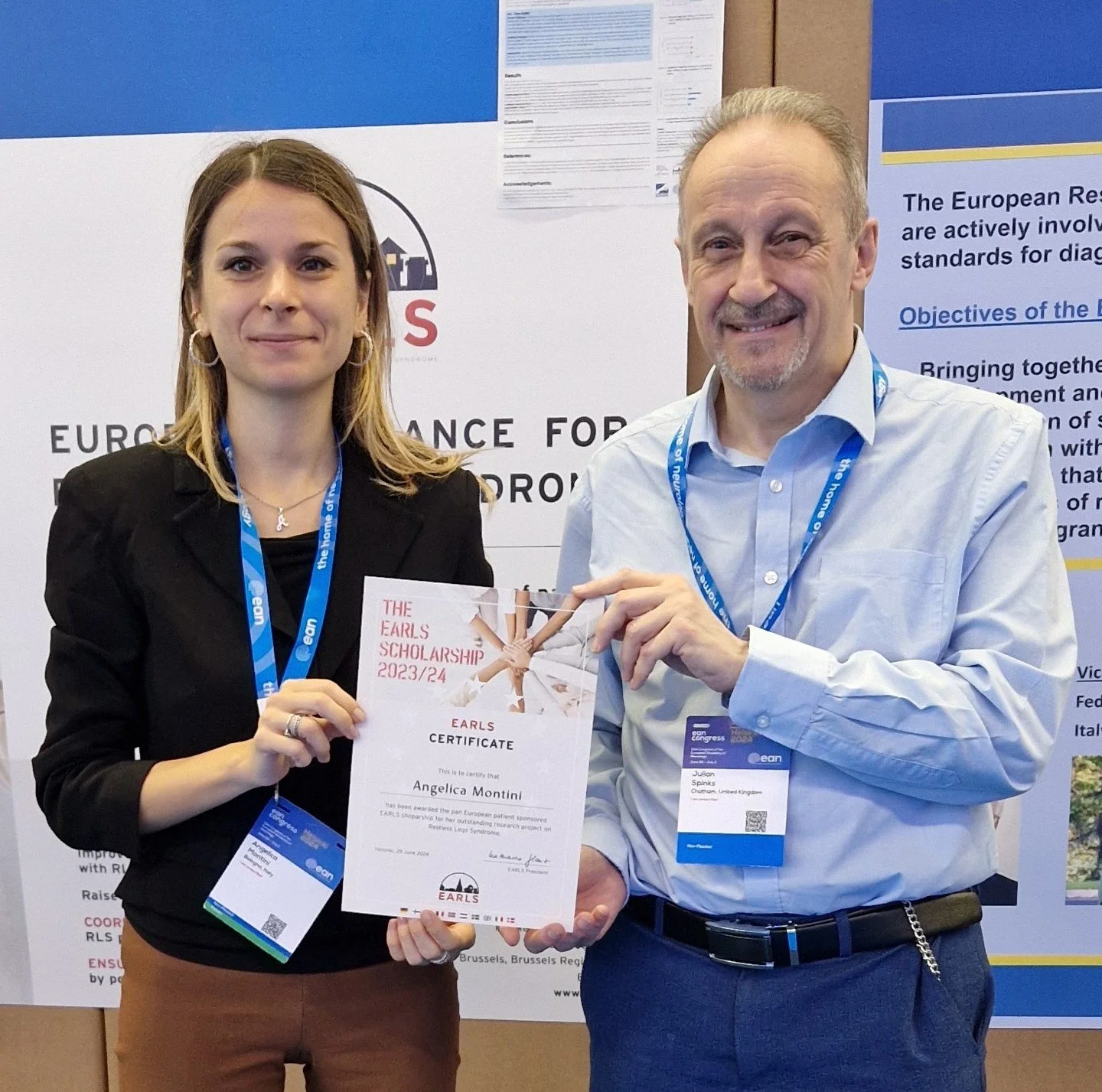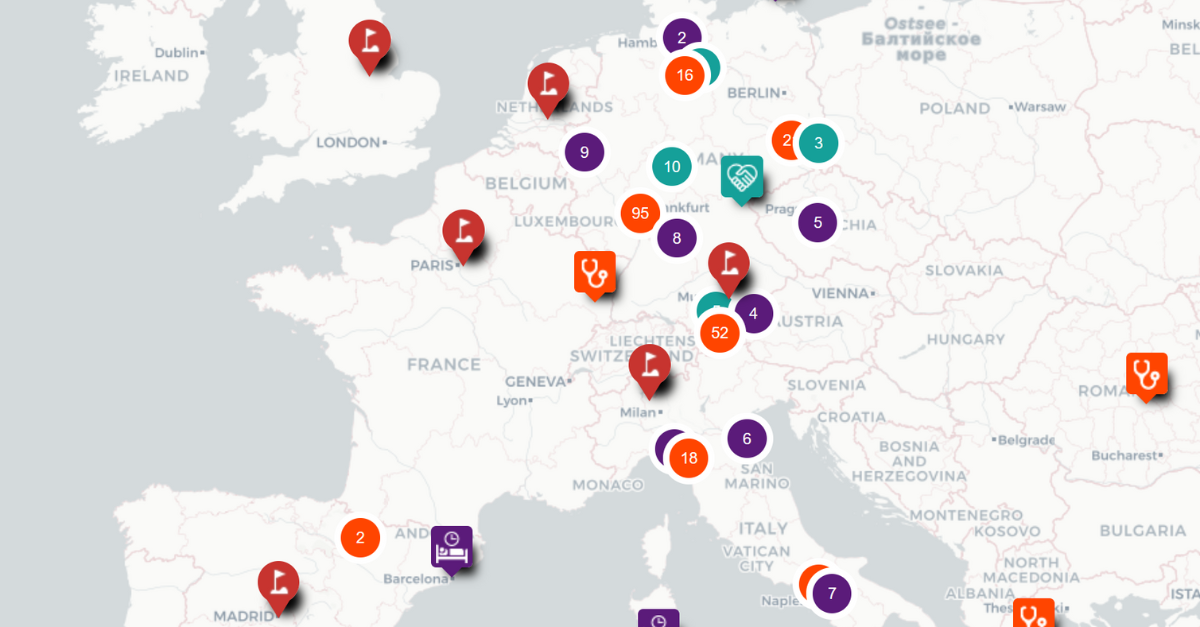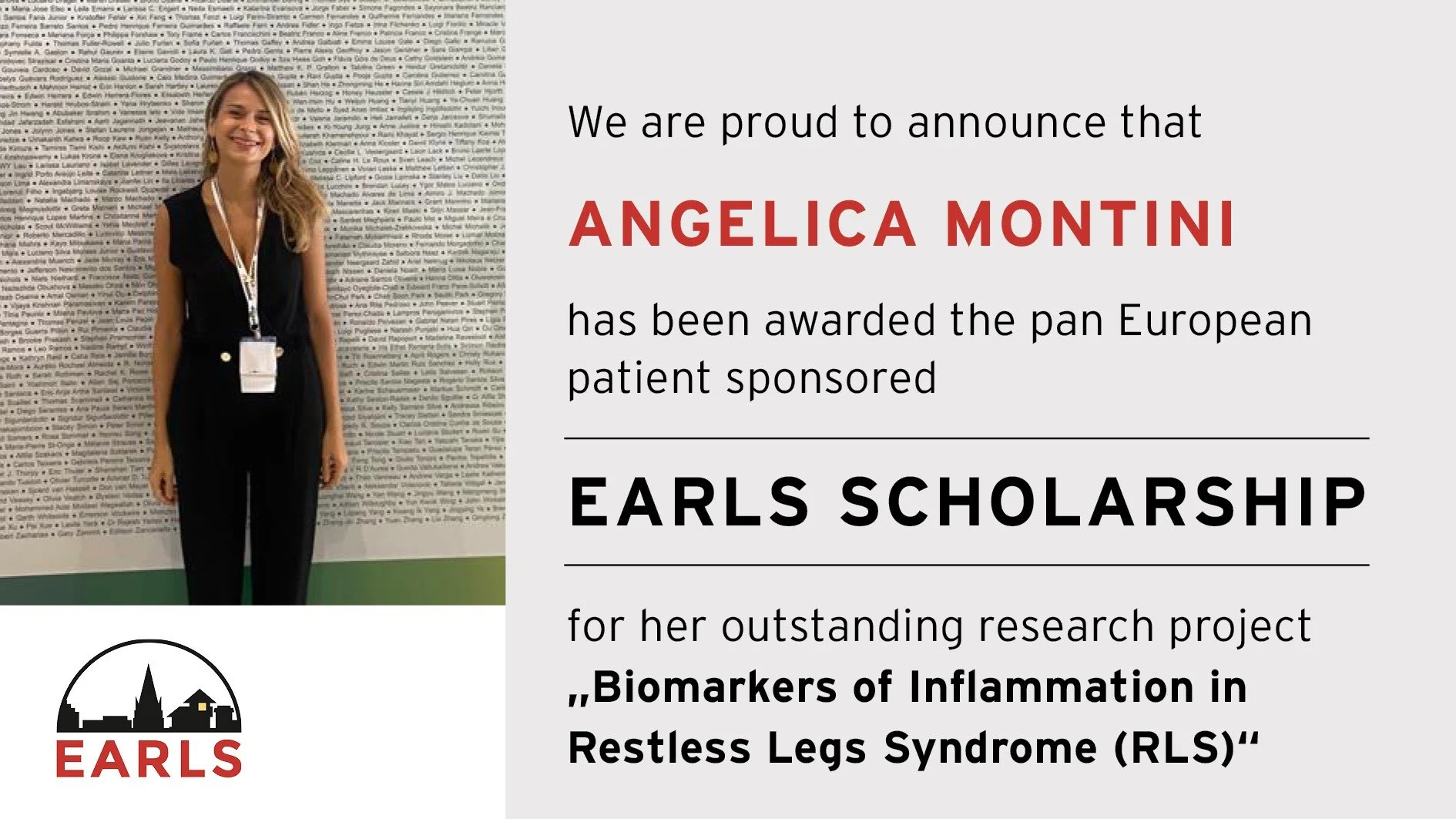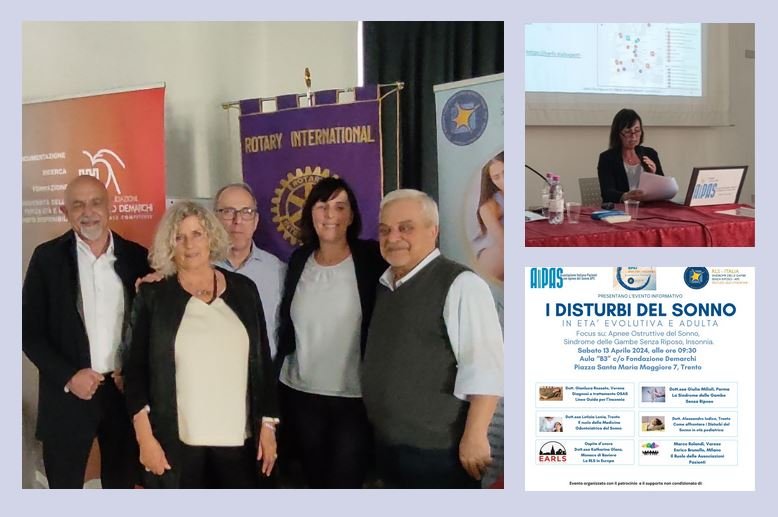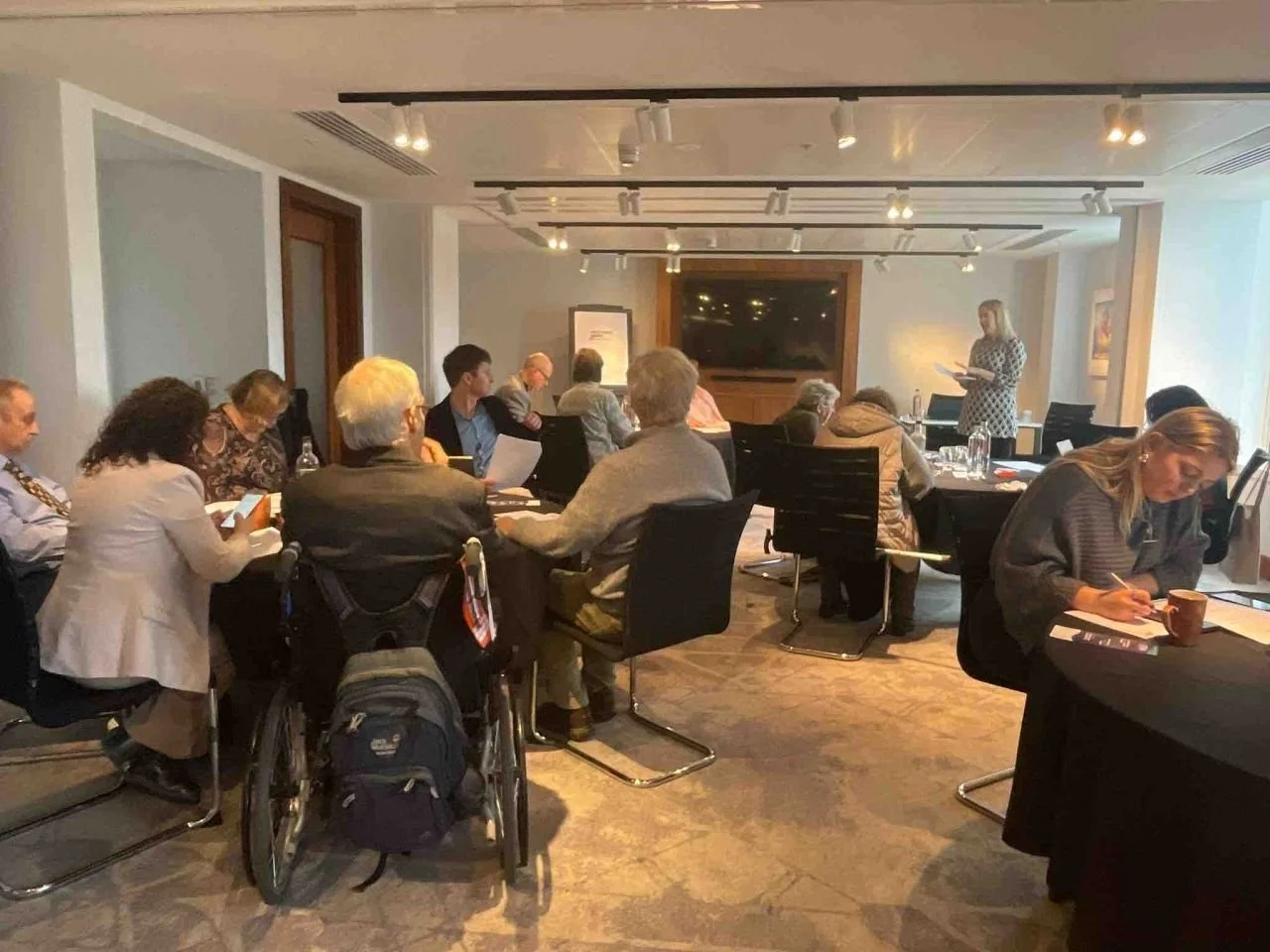People who suffer from RLS also suffer from disturbed sleep. The constant urge to move can be very distressing and lead to a reduction in quality of life. The sleep disturbances associated with RLS affect both performance and emotional well-being. People who are unable to fall asleep at night because of leg discomfort, or who have to get up repeatedly during the night to satisfy the urge to move, are tired and exhausted during the day and are at risk of other diseases in the long term.
EARLS aims to use World Sleep Day to highlight the prevalence of sleep disorders such as RLS and to raise awareness of the importance of healthy sleep. At the same time, EARLS wants to encourage people to seek help early if they have persistent sleep problems.
Click here to visit the World Sleep Day website with all the relevant background information https://worldsleepday.org/
